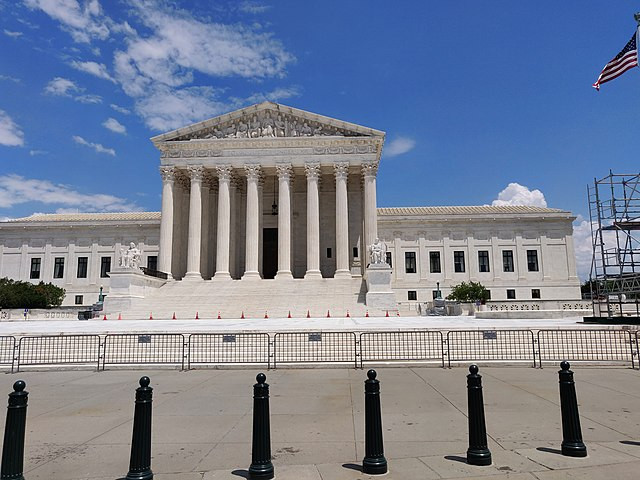The U.S. Supreme Court ruled on Monday in favor of a North Dakota convenience store challenging a Federal Reserve regulation on debit card "swipe fees." The 6-3 ruling, which split the court along ideological lines, revives the Corner Post store's 2021 lawsuit and could significantly ease the path for businesses seeking to contest longstanding federal rules.
The case centered on a 2011 Federal Reserve rule that capped the fees businesses pay banks for debit card transactions at 21 cents per transaction. Corner Post, located in Watford City, North Dakota, argued that it should not be bound by the six-year statute of limitations for challenging the regulation, as it only opened in 2018, well after the deadline had passed.
The Supreme Court's decision overturned a lower court's dismissal of the lawsuit on the grounds of the missed statute of limitations, a ruling that had upheld the argument that the six-year clock started when the regulation was issued. Corner Post, supported by conservative and corporate interest groups including billionaire Charles Koch's network and the U.S. Chamber of Commerce, contended that the statute of limitations should begin when a business is adversely affected by the regulation.
Chief Justice John Roberts, writing for the majority, stated that former presidents have "absolute" immunity from criminal prosecution for actions within their "core constitutional powers," but the ruling also extended to businesses challenging federal regulations. "The system of separated powers designed by the Framers has always demanded an energetic, independent Executive," Roberts wrote. "As a result, the chief justice wrote, former presidents and businesses may not be prosecuted or sued for conduct that derives from their constitutional duties or regulations they find burdensome."
The decision is seen as a significant victory for anti-regulatory interests and a setback for the Biden administration, which argued that adopting Corner Post's position would vastly expand the class of potential challengers to government regulations and increase burdens on agencies and courts. A group of small business associations had also urged the Supreme Court to maintain the strict statute of limitations, warning that allowing lawsuits beyond this deadline would create chaos and uncertainty for regulated industries and the American public.
Before the 2010 Dodd-Frank Wall Street reform law, which directed the Fed to cap swipe fees, retailers paid as much as 44 cents per transaction, making it difficult for small businesses to accept debit cards. Retailers expected a much lower cap and sued after the Fed set it at 21 cents. The Supreme Court in 2015 left in place a lower court's ruling backing the regulation.
Justice Ketanji Brown Jackson, delivering a sharp dissent from the bench, criticized the majority's decision, arguing it "makes a mockery of the principle, foundational to our Constitution and system of government, that no man is above the law." She added, "The majority's single-minded fixation on the President's need for boldness and dispatch ignores the countervailing need for accountability and restraint. The Framers were not so single-minded."
The ruling explicitly tasks U.S. District Judge Tanya Chutkan with sifting through the allegations to separate Trump's and businesses' official acts from private ones. This process is expected to further stall the case and could push any trial past Election Day. If Judge Chutkan moves quickly, a trial could theoretically begin in October, but it's unlikely to reach a verdict before November 5.
The National Retail Federation (NRF), which has been advocating for more competition in the credit card interchange market, celebrated the decision. "The bottom line is that a small business harmed by a faulty regulation should not be denied its day in court based on a technicality, especially one that has been in dispute," said Stephanie Martz, the NRF's chief administrative officer and general counsel.






